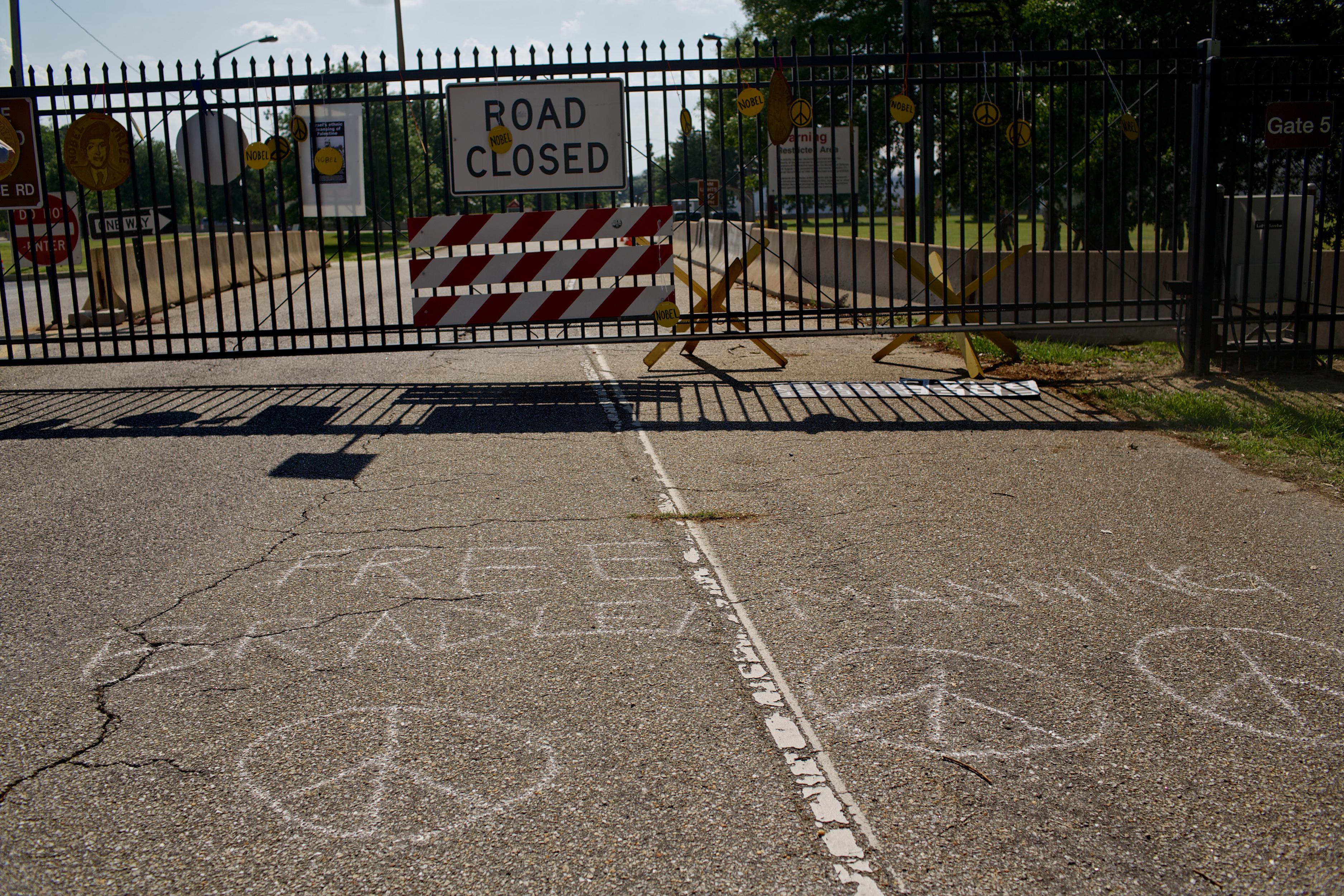Binyamin Appelbaum and Eric Lipton give us the striking facts about Booz Allen’s booming post–9/11 business:
The company, based in Virginia, is primarily a technology contractor. It reported revenues of $5.76 billion for the fiscal year ended in March and was No. 436 on Fortune’s list of the 500 largest public companies. The government provided 98 percent of that revenue, the company said.
Appelbaum and Lipton focus a bit on the question of whether the intelligence community’s growing reliance on contractors increases the chances of leaks. I think the more interesting issue is how it alters the lobbying dynamic. An established government bureaucracy has, of course, considerable capacity to lobby on behalf of its own interests. That’s particularly true when the bureacracy’s leadership can claim possession of secret information. But it’s also constrained in certain respects. The National Security Agency can’t bundle campaign contributions, give money to independent expenditure campaigns, or offer nice paydays to former congressional staffers.
But if you take a few billion dollars worth of intelligence spending and transfer it onto the Booz Allen balance sheet, then political organizing around the cause of higher intelligence spending can avail itself of the tools of private enterprise along with the tools of bureaucratic politics. The military, famously, has always had that public–private hybrid nature since it’s long-established practice that the Army, Navy, Air Force, and Marines don’t actually manufacture guns and tanks and planes and such. There’s obviously always been some outsourcing in the intelligence world, too (the CIA buys desks from commercial suppliers, it doesn’t build its own), but the post–9/11 trend in that direction changes the political economy of intelligence spending pretty dramatically.
